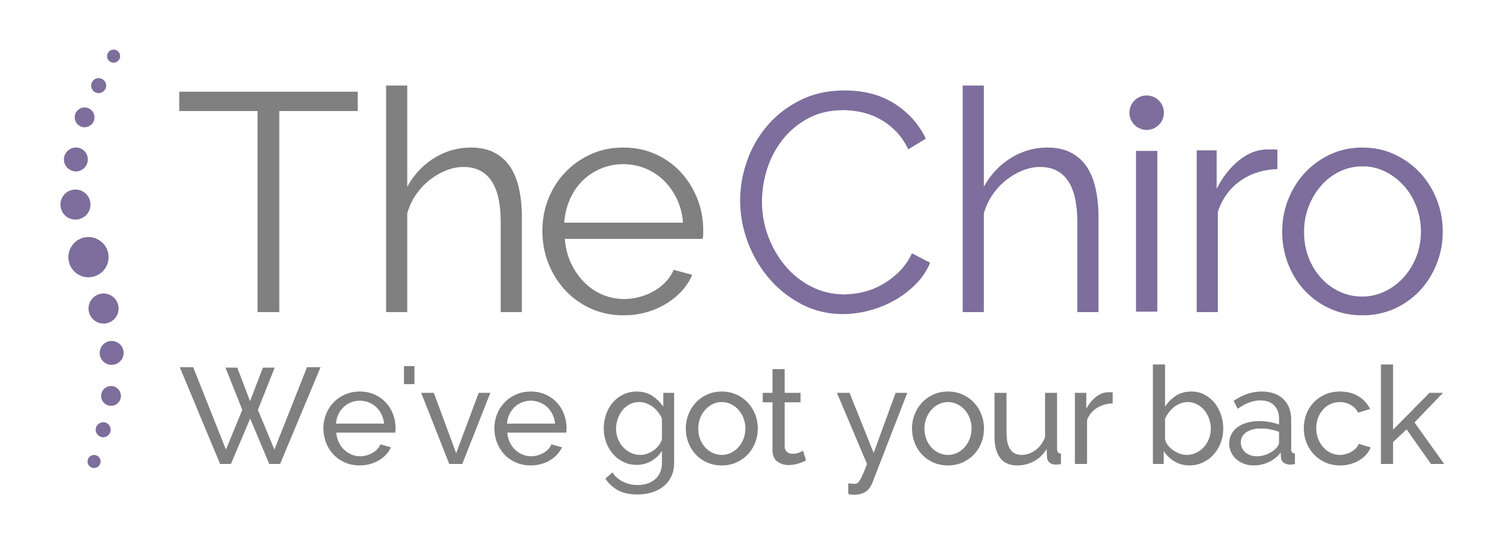Preventing Osteoporosis and Fall-Related Fractures
At The Chiro, we often see older patients experiencing neck and back stiffness and pain. Two common age-related conditions we frequently encounter are:
Osteoarthritis: The common degeneration of joints that occurs as people age.
Osteoporosis: The thinning and weakening of bone mass, making bones more fragile.
While some degree of bone density loss, or osteopenia (a precursor to osteoporosis), is a natural part of aging, especially after 50, the rate of this loss is largely within your control. Preventing or slowing osteopenia is incredibly important due to its strong link to fall-related fractures. By taking proactive steps to maintain bone health, you can significantly reduce your risk of fractures, which in turn can extend both the quality and length of your life.
Here's how you can proactively prevent osteoporosis and reduce your risk of falls:
Nourish Your Bones with a Balanced Diet
Building and maintaining strong bones requires more than just calcium. Your body also needs a variety of other essential minerals like magnesium, manganese, zinc, boron, and copper, along with adequate protein. Focus on consuming whole, unprocessed foods such as leafy greens and other vegetables, eggs, fish, dairy products, nuts, and seeds. Conversely, try to limit excessive sugar and processed foods, as these can deplete the vital nutrients needed for skeletal health.
Get Enough Vitamin D
Vitamin D plays a crucial role in calcium absorption and bone health. While medical guidelines for adequate levels can vary, aiming for at least 600 IUs is a common recommendation. You can obtain Vitamin D through your diet, supplements, or, ideally, from direct sun exposure on your skin.
Engage in Regular Weight-Bearing and Muscle-Strengthening Exercise
Exercise is a cornerstone of bone health. Weight-bearing activities (like walking, jogging, dancing, or hiking) and muscle-strengthening exercises (such as lifting weights or using resistance bands) help to improve bone density. Beyond bone strength, these exercises also enhance agility, muscle strength, posture, and balance, all of which significantly reduce your risk of falls and fractures. The key is to find exercises that suit your interests and abilities to ensure long-term adherence.
Limit Tobacco and Excessive Alcohol
Both tobacco smoking and excessive alcohol consumption are known to accelerate the loss of bone mineral density. Cutting back or eliminating these habits can make a significant difference in preserving your bone health.
Assess and Mitigate Fall Risks
Taking proactive steps to prevent falls is paramount, especially as you age. Consider:
Getting a home safety assessment to identify and eliminate potential tripping hazards.
Engaging in balance training exercises to improve stability.
Closely monitoring anti-hypertensive medication, as some can cause dizziness.
Practicing standing up slowly to prevent lightheadedness.
By incorporating these lifestyle changes, you can significantly decrease your risk of developing osteopenia, osteoporosis, and the chance of a debilitating fall injury. For specific exercise recommendations or any other questions about your bone health, don't hesitate to talk to the team at The Chiro.

